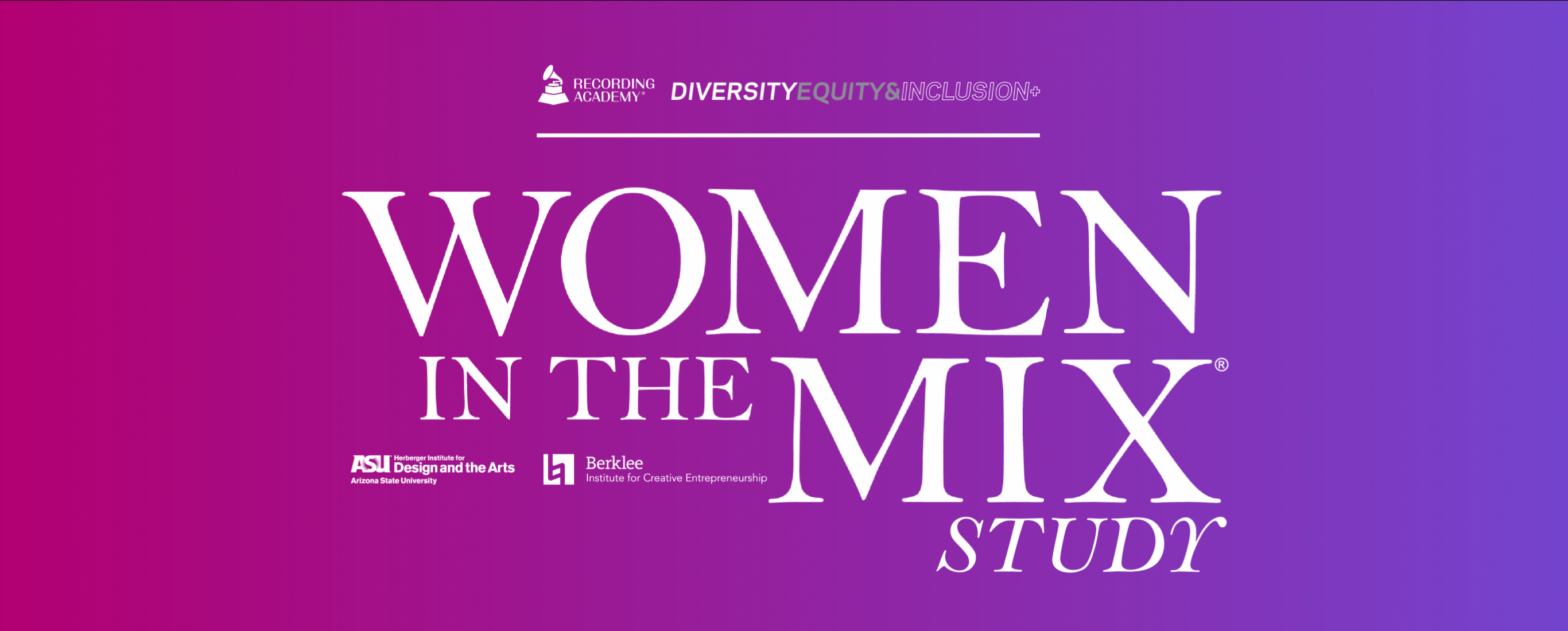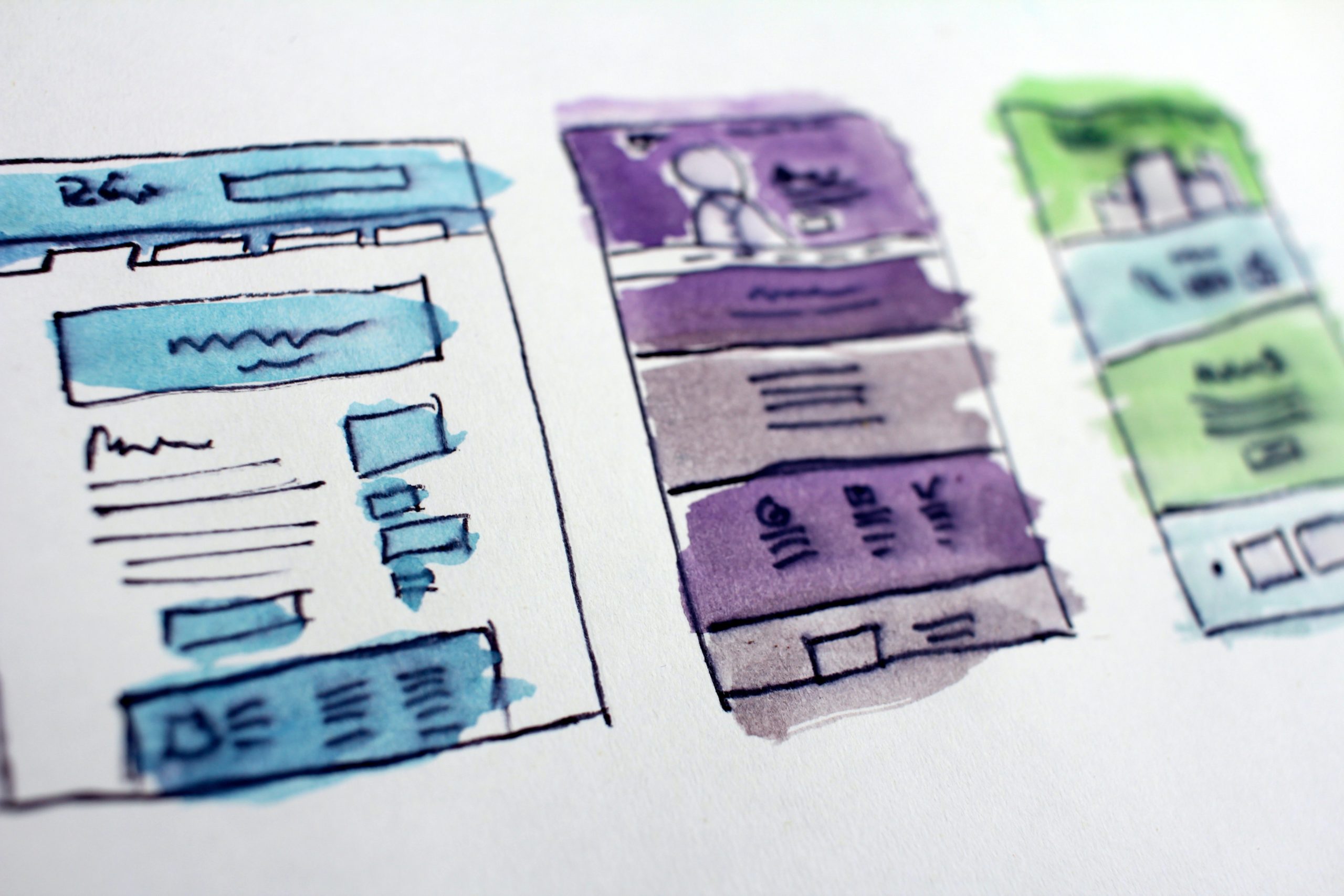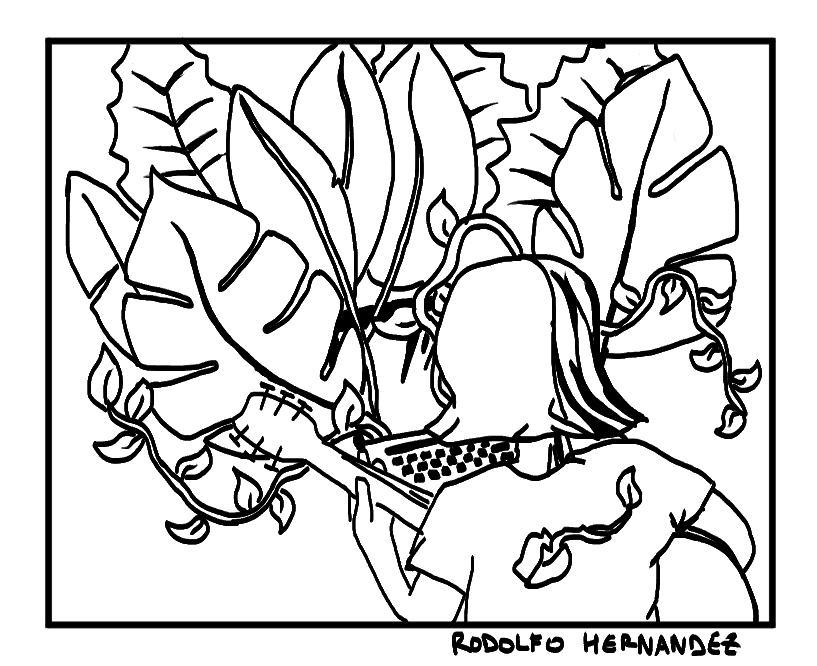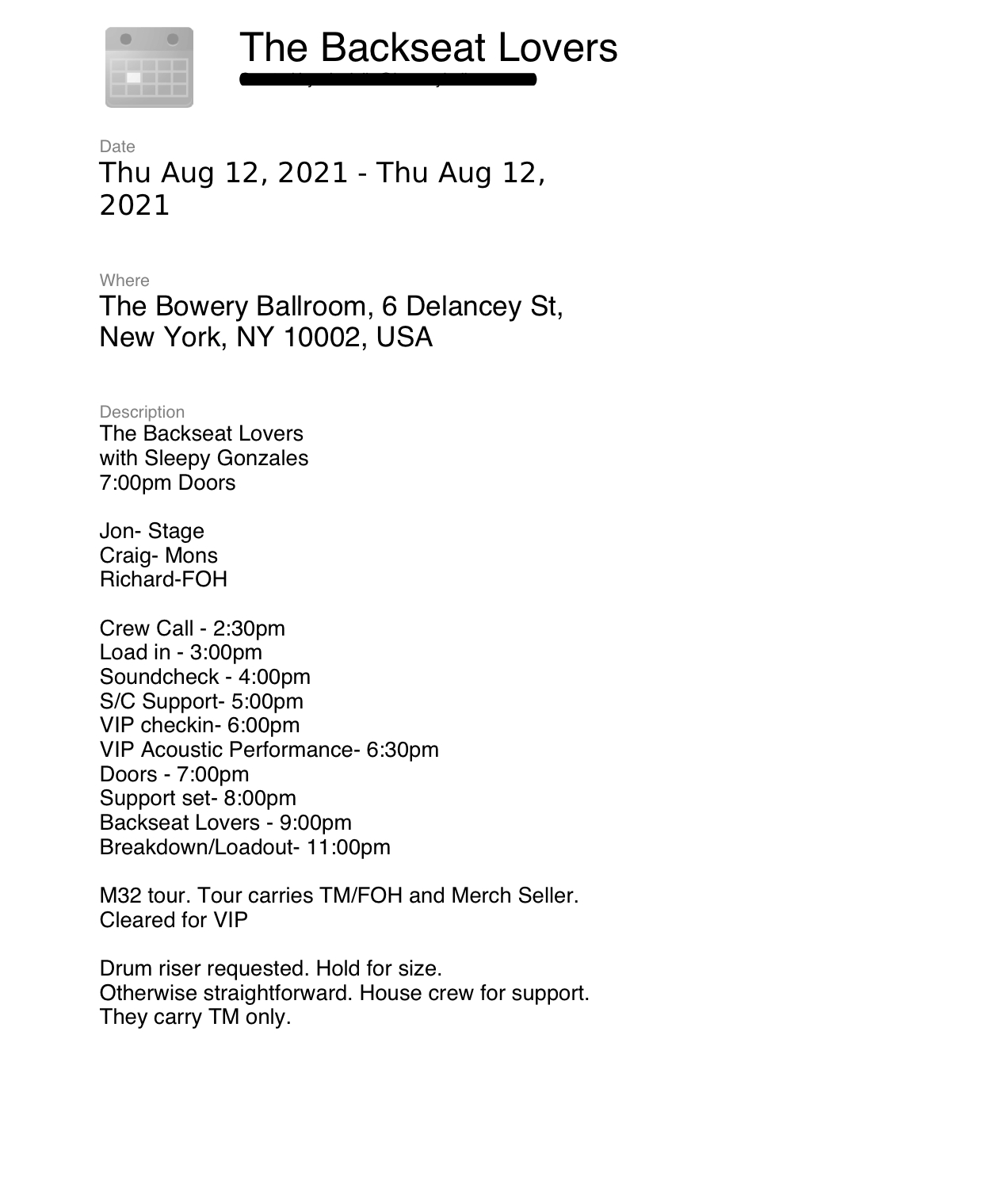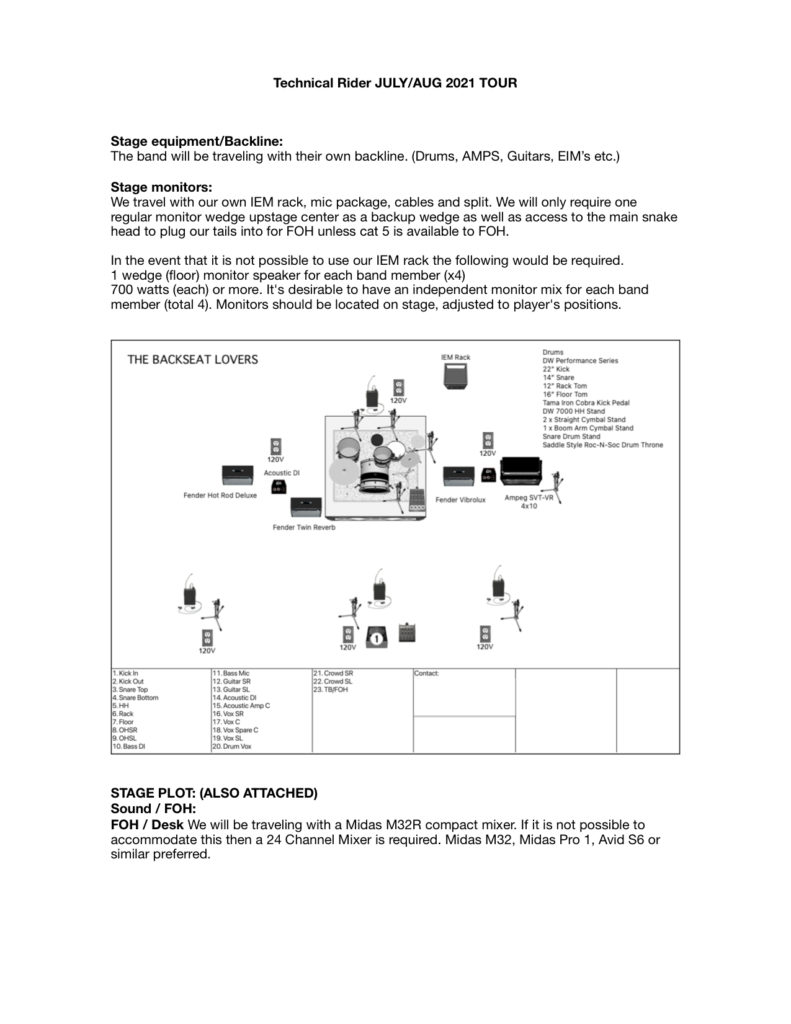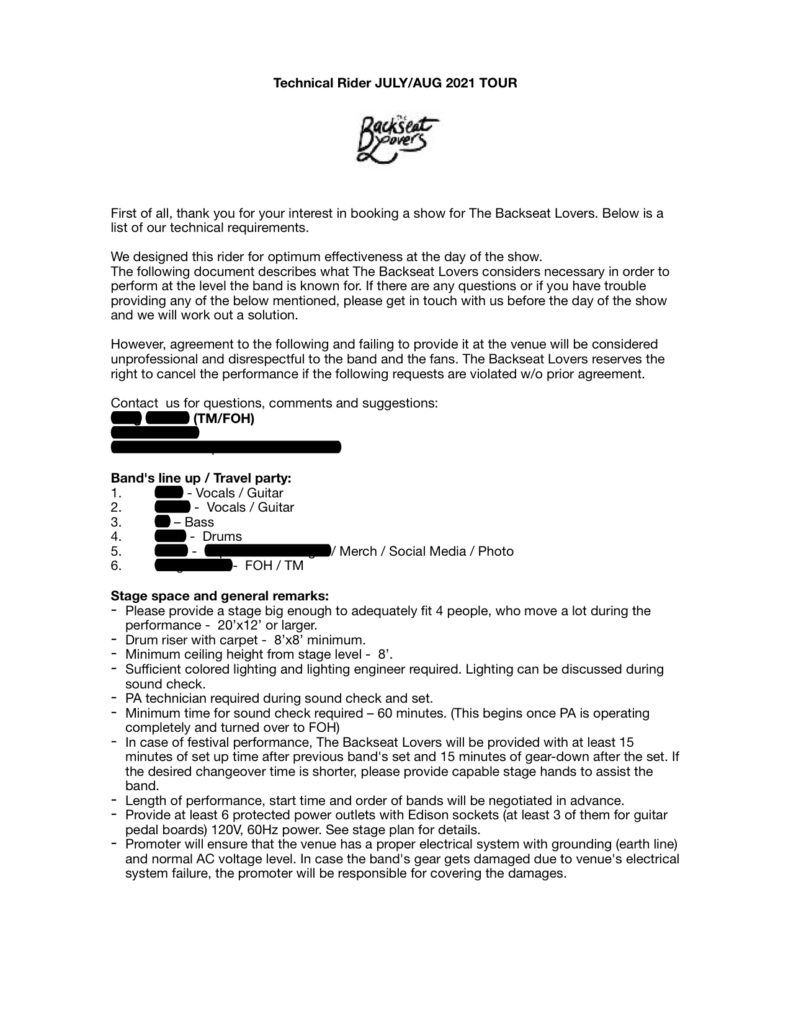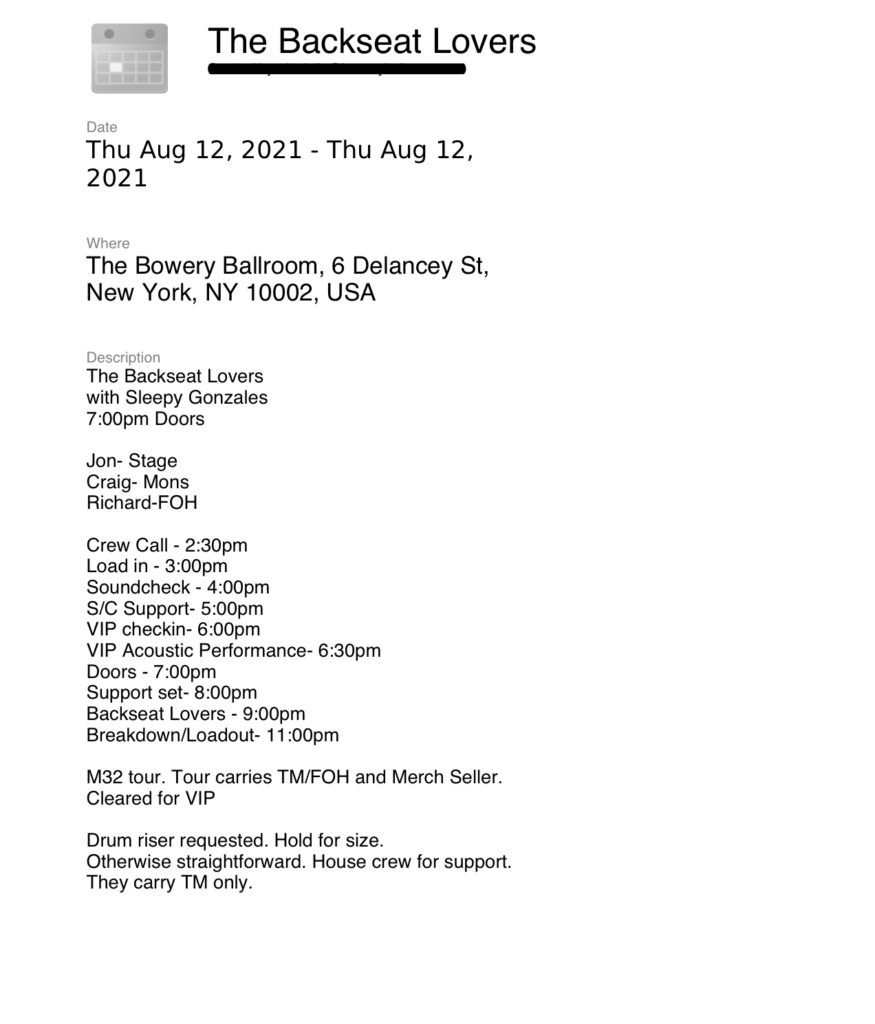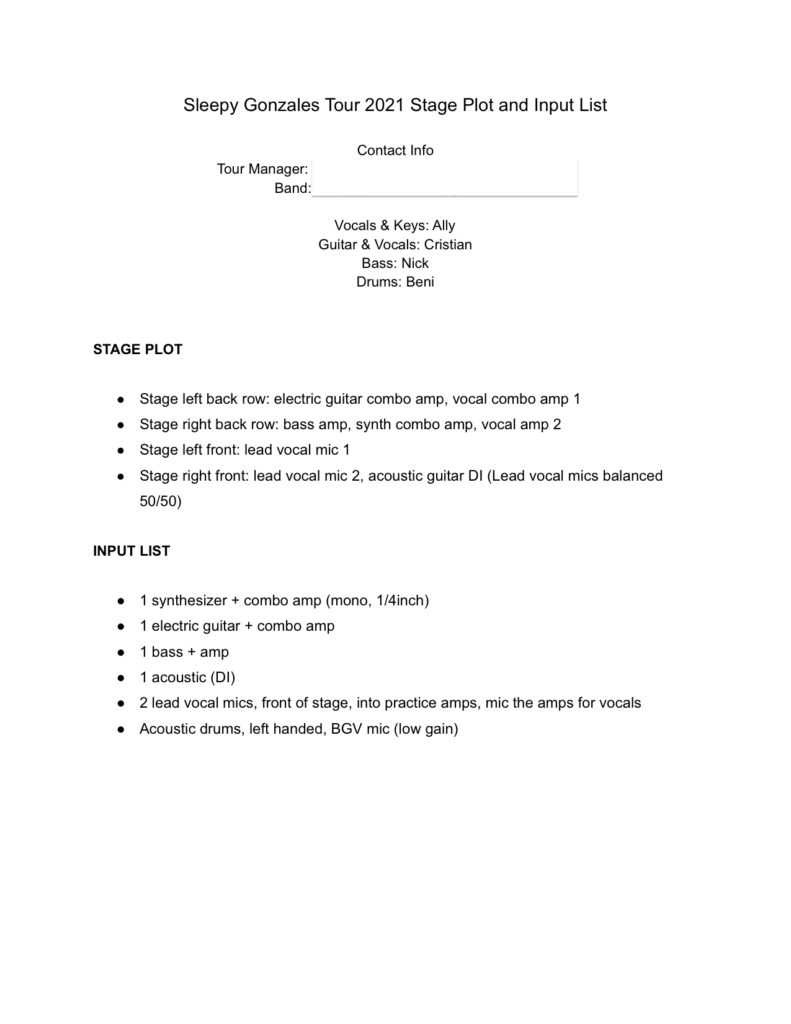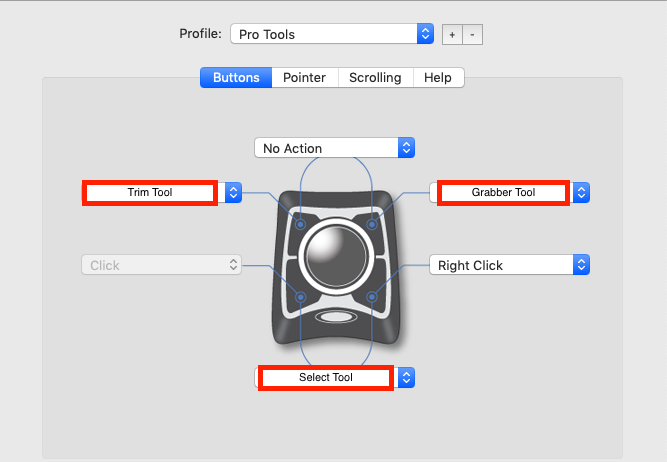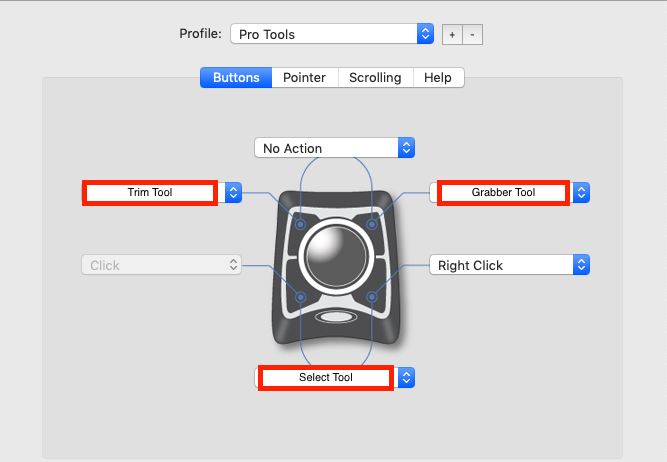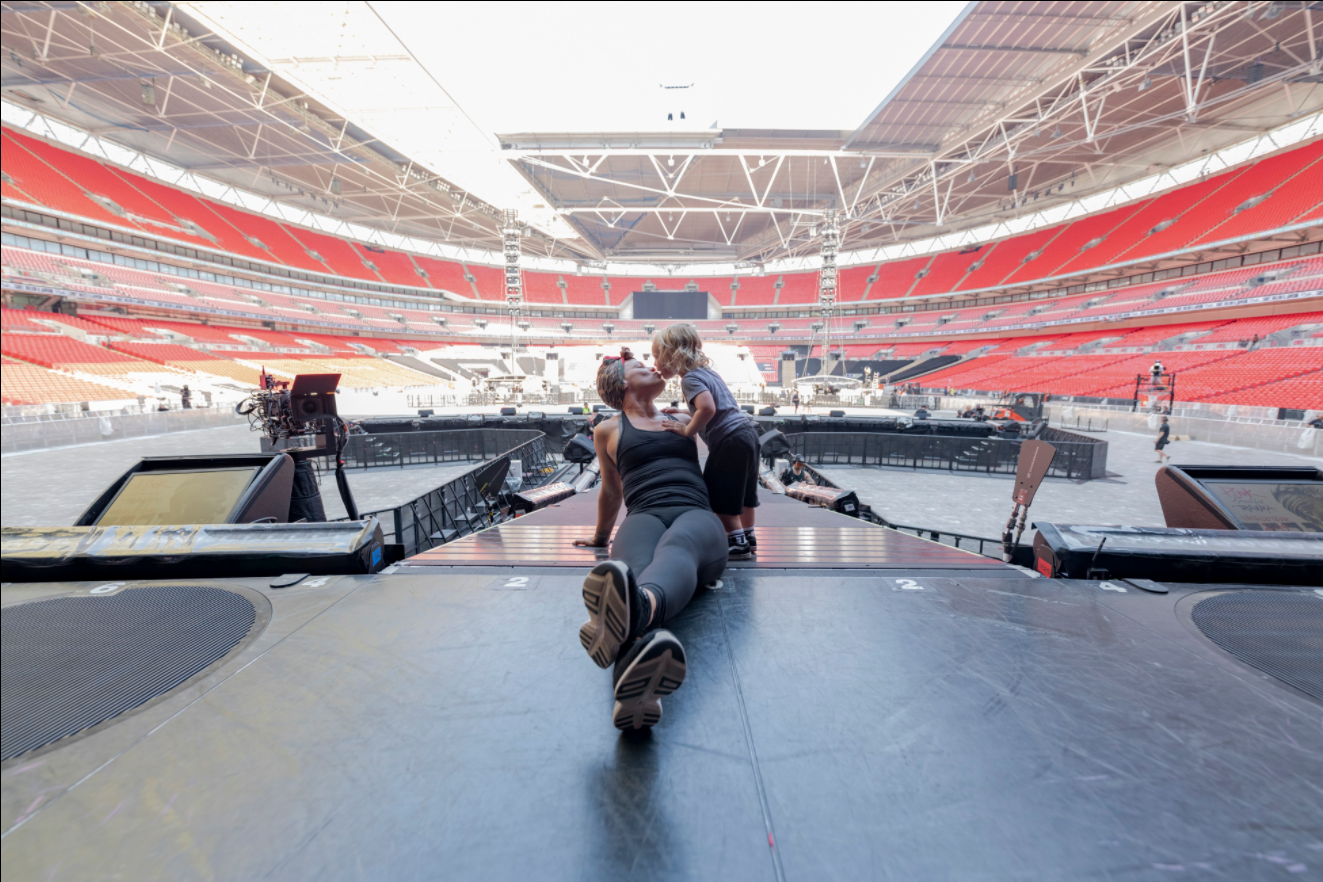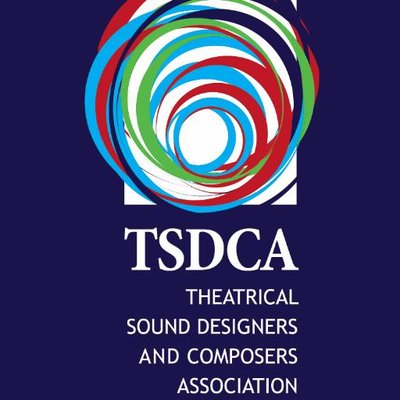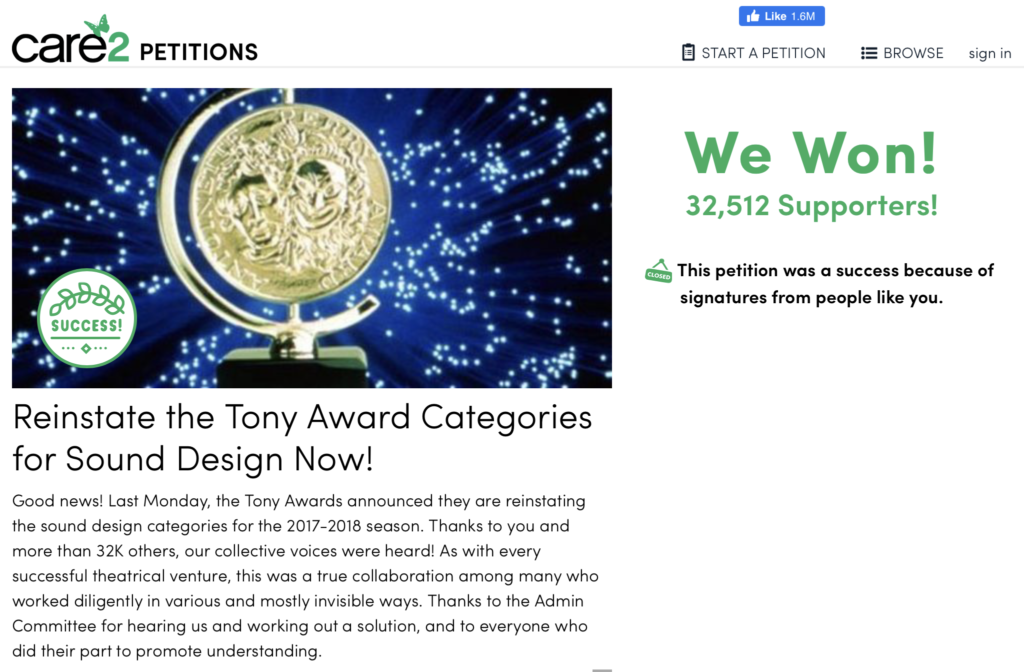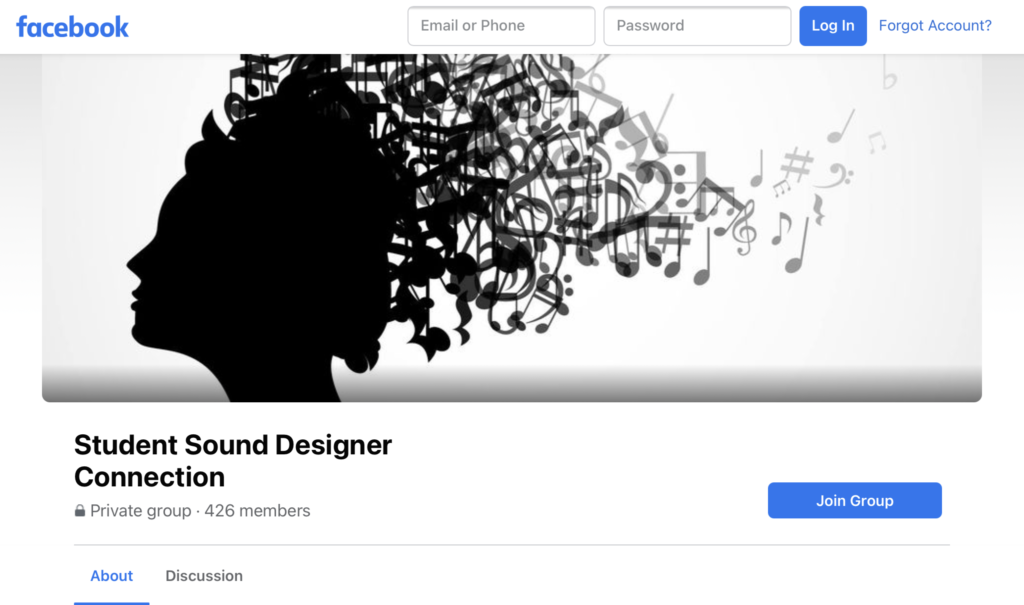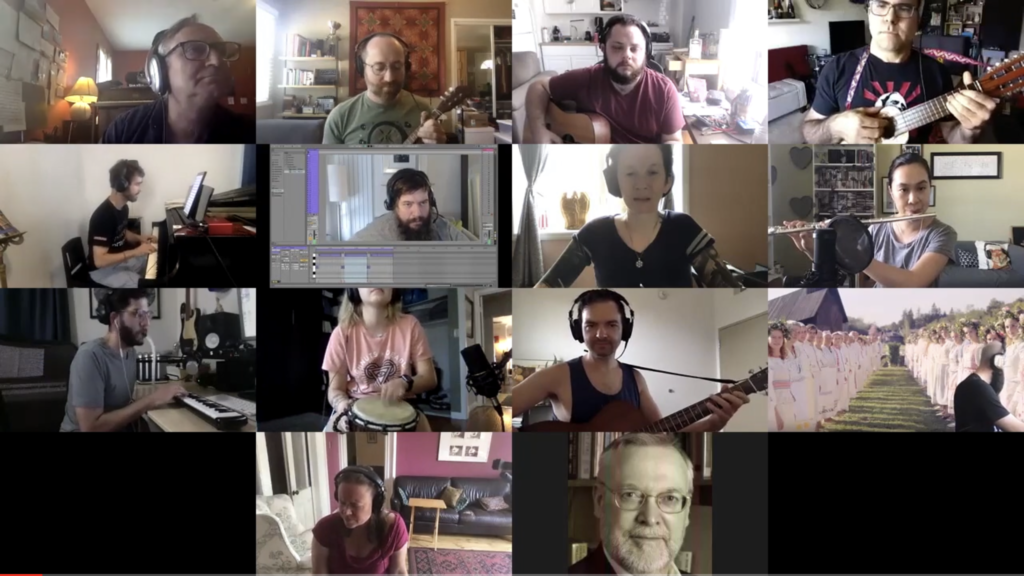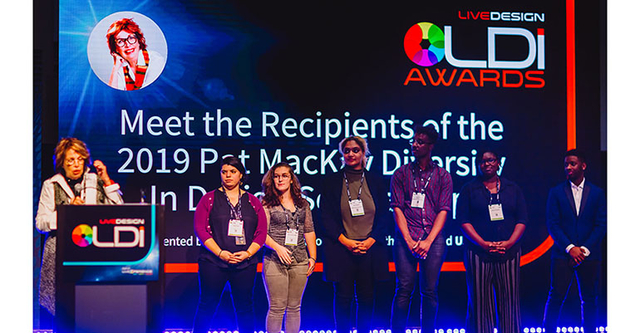Do What Feels Good, Stay Five Steps Ahead and Bake Some Cookies:
An Interview with Producer-Engineer-Songwriter Suzy Shinn.
A few weeks ago I had the pleasure of meeting two-time GRAMMY-nominated recording engineer, songwriter, and producer, Suzy Shinn. This meeting was over Zoom during, what she described, a chaotic afternoon filled with last-minute tasks that sneak up before catching a flight. Despite the eleventh-hour pressure to get things done, she awkwardly propped her iPad up on the corner of her desk, leaned into camera view, and asked if I could hear her ok. As her energy and attention quickly come into focus on me, I felt an overwhelming sense that I just became her top priority, she was here for me and ready to talk. Impressed, I took a mental note of this feeling: how amongst the chaos did this woman just put me at ease to casually chat; how is she so calm? But as our conversation unfolds, I realize this is just one of Suzy’s many skills. “Be cool, be five steps ahead…” she’ll say later in our conversation. In anticipating needs, “being prepared and being cool” is “like a magic trick.”
I could take this moment to list off her accomplishments, but that’s what Wikipedia is for. Take a quick scan at her discography credits and you’ll see notable names like Dua Lipa, Katy Perry, Weezer, and more. And rather than ask what it was like to work with those big artists, I’d rather use this precious time to talk shop.
Our conversation has been edited and condensed for clarity.
Generally speaking, the term “producer” is used to cover a range of responsibilities these days. There are beatmakers all the way over to DJs and so on. But for you as a producer, what do you do?
That’s a great question because the lines get blurred. And sometimes, I’ll get thrown into a session where I’m like, oh, I think you thought I was a different kind of producer. So I love working with bands and with artists, whether it’s one song, a handful of songs, or an album, helping the artist best achieve their vision.
With the session in front of me, I’m putting all the pieces together and I’m kind of like, I feel like that sounds good, that sounds bad, what if we try it like this? What if we do this? Trying to bring out the best in the artist and getting the artist, because I work with a lot of rocker indie or pop-rock-like players, getting the best out of them. So instead of me being like, I’m just going to do it, it’s your band, it’s you, you’re the artist. Let’s get it out of you!
And my strong suit, I think, is with acoustic instruments or acoustic instruments and integrating them with electronic elements. I play a lot of instruments from guitar to bass, piano. I can play some drums enough to play the computer and make everything sound cool. I can program, sure. But, I am not the girl you go to for crazy awesome drum programming and 808s. I can do it. But if we’re going to go that route, we’re going to be here. I’m not a really, really, really fast beat maker. And I love to take real instruments also and make them sound like samples or make them cuts or whatnot. It doesn’t have to always sound like a huge live band.
Speaking of producers, there are producers out there that have a distinct sound, you’ve got Pharrell, Kevin Parker, Timberland. When you hear one of their songs, you know it. For you as a producer, is that something you aspire to, to have that distinct recognition?
It seems like it’s inevitable. Whenever I hear anyone who I really look up to, whether it’s like Jake Sinclair, Butch Walker, Ricky Reed even, Jack Antonoff, I can always hear that it’s those guys. And I think even if you’re trying to stay far away from it, everyone has their own sound. So I’m down to have my own sound. At the same time, I’ll always want it to sound like the artist. But the artist comes to the producer for their input or for their sound. So it’s like a cool collaboration, like a mish-mosh of that. But I’m super down for that as I think every producer should have their sound. It makes you special.
Reference tracks are super helpful when getting the vision together with the band, with the artists that you’re working with. But for you as the producer, how do you balance pulling inspiration and sonic ideas from your reference tracks with giving them an original sound?
I love to start with the song first. I think sometimes when you just straight upstart from a production reference and you’ll start, kind of, maybe copying a little bit too much. So I love having a great song. And then, you’re like, how are we going to produce the song? What is it going to sound like? And then that’s where it’s like, oh, let’s take maybe not one song, but a handful of songs – like what does it make you think of? What does it make you feel like? Oh, the drums in this song, it’s kind of the same tempo. Could be cool. Or what about the guitar tone in this or how they did do that synth thing? But I think even if I feel like you try to make it sound like, it’ll still sound way different. I’ve never run into the problem is of being like, oh my God, it’s the exact same thing. Even Elvis Presley or Costello, like I’m sure they were listening to reference tracks and were like, what about this? And I think it’s really cool.
And on top of that, when I’m referencing something, it’s hard to not be aware of what is out currently. I love to digging from the 60s or 70s or let’s say, the alternative charts in December 1993 — what was popular then? I think that’s really fun to do instead of chasing what’s hot right now because everyone’s going to already be doing that.
Do you feel pressure to follow the charts?
No, I don’t think so. It’s more like being creative and being original. And I think, if you’re trying to make something that sounds like what’s huge right now, generally with the time, it comes out in six months or 12 months, you’re now late because someone else is thinking of like, what’s new, what’s weird, what’s unusual, what’s like feeling inspiring instead of chasing.
So that’s why it’s important to be original, I guess.
Yeah. And I think the word “original” is so loose to me. To me it’s, it’s like, what’s inspiring you? It’s like what’s making you smile? or dance around? Or just like feel good. I just feel like when you have a good song, I feel it, like, in your body or something. I don’t know why. I just feel like Yeah. Cool, cool, cool. Cool. OK, I feel special.
What do you enjoy the most about being a producer?
I love to be able to be me in a creative sense and that I get to work with my friends and make records that then go out into the world. It’s like I don’t have to go be anyone else or do anything else. I get to wake up, roll out of bed, go to a studio, then make music and hang out all day with people I admire. I’m thankful for that.
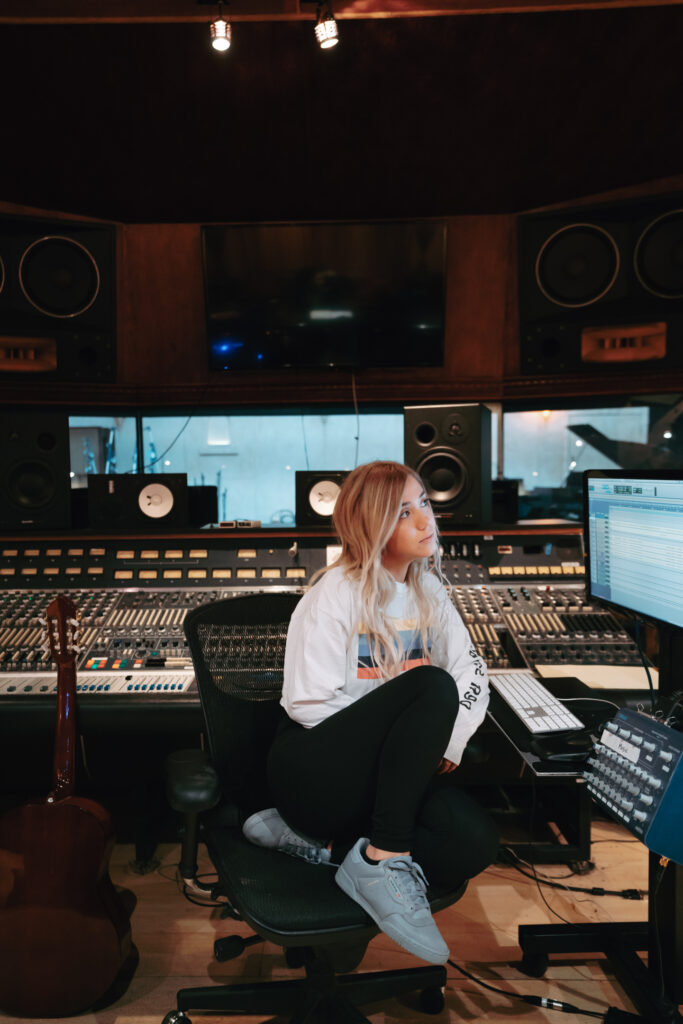
What would you say is the most challenging part about being a producer?
Time. Dealing with time and allocating time. I’m so particular about my vocals like I won’t let anyone touch my vocals, I have to comp them, I have to tune them, I have to do all the breaths and the S’s and that’s a lot of time. Or like the drum editing or the drum comping. I’m like, well, if someone else does it, are they going to pick the exact same thing I would pick? No, I have to do it. And I try to say yes to everything because I want to work on everything because I love it. But then I feel my brain kind of sometimes goes haywire because I’m trying to do everything and it’s very hard to do everything in twenty-four hours a day.
What is your advice for those who want to be a producer and I mean more like what I’m calling the “traditional producer” along the lines of how you play the role?
My advice is to learn a couple of instruments like you don’t have to be the best at them, but be able to get your idea down and really learn whether you want to go Pro Tools or Ableton or whatnot, like really learn that so it’s a second language, so you’re not thinking about the computer when you’re using the computer, you’re thinking about the part or the sound that you’re getting. I think that’s really helpful. And then when you’re able, if you can play the instruments, even if you have to edit it, you don’t have to rely on as many other people. So that’s a huge one. And just being nice and kind and genuine, just being real. And being fun, I think that goes a long way.
Not “judge-ey”?
Yeah, not judge-ey, like, not a dick. I’m sure you’ve been in sessions where you’re like, man, this guy is so mean or boring or rigid and it doesn’t make you want to go back. And finding someone to learn from. I love to surround myself with people who are like, oh my God, you’re so cool. Like, I shouldn’t be hanging out with you. But I learned so much being around those people and my friends. My friends are very inspiring. So I think that’s important too.
I read you started your production journey in your bedroom on an iMac, probably with Logic or GarageBand. At what point in your career did you go from recording in your room to getting your hands on and understanding and hearing the signal chain, the hardware, the actual real gear? Like, it’s one thing to set up an AT2020 in your bedroom recording to an MBox, and then it’s another to choose to put a U67 on a Mesa Boogie cab for an entire Weezer album. How did you go from A to B, at what point did you get really good at the analog signal chain?
I didn’t get good for a long time. When I first started recording in Logic or whatever, I didn’t know anything. Like I thought the computer mic was a good mic and that’s how people record. I didn’t come from a musical background. I didn’t know what a producer was or what an engineer or a studio was. I thought the band all got together and played the song one time through, haha. And so I went to Berklee College of Music for a little bit and I studied in their production engineering program and I ended up dropping out. I got an internship at a small recording studio in the Valley in L.A. And that’s where I got my ass kicked. I messed up everything so many times, they kind of threw me in it, like “go engineer the session!” and I just said OK while not really knowing what a compressor does. I was always nervous I was going to distort the signal. And I did. So many times, ha! But getting thrown into the fire, being terrified, fucking stuff up, etc pushed me to learn a lot.
Do you have a methodology when it comes to piecing your signal chain together?
Totally. It depends on what studio I’m going to. If it’s just me, I have a handful of instruments I’ll bring, like this P-bass that I know how it sounds. I’m bringing this Jazzmaster around everywhere. And then I have a couple of amp pedals. There’s a VT bass Sansamp, and I have one setting, and that’s pretty much my bass for everything. I plug straight into this pedal. I don’t bring a B15 around. 9.9 times out of 10, that’s cool. And I’ve even done the A and B, I’ve recorded the B15 and I’ve recorded the pedal. And just the pedal is kind of rad. The same with my guitar. I have an Ox box that I use and plug my Mesa cab into it. Any kind of crunchy, distorted sound I can get with my Mesa. Some very unique, clean sounds I can also get with the Mesa. If not, I have a couple Strymon pedals. For my vocals, I carry this Wunder 47 mic around. And just in case I don’t know what’s going down, I have a box and it’s a Chandler TG2 and a Purple 1176. Like I know that if I have that set-up, I’m going to get a great vocal. But if I’m rolling into United, you know, like I’m just like do your thing guys.
Like, maybe I’ll switch out an 87 for a 67 or a 47 for a vocal. And then at that point, if we’re grooving, I’ll do a 421 or a Royer 121 and a 57 on the amp because we’ve got more channels, we’ve got more room. But I like simple. I don’t like to like to fiddle for a really long time.
Do you get super excited to record a particular instrument?
I love drums, and I’m big on working with what I have. I love trying out new rooms and a lot of the studios I go to will have their own kit and how they’ve been recording it set up. So I’ll sometimes modify it, I think that’s exciting. And guitar always, I think there’s a lot you can do there. And really, really, really good vocals. Love vocals.
In your opinion, what does it take to be a great audio engineer?
Being able to read the room and stay those late hours if you need to. Be cool, be five steps ahead of the producer and the artist. So when they come to you, you’ve already figured out the tempo, already figured out the key for autotune, already mapped out the song. So when you say pre-chorus, I know what you’re talking about. Like “oh, you need the lyrics? I’ve already printed them out. I already typed them up.” That I think is huge. And you’re cool. You’re just like, oh yeah, I got whatever they’re asking for. Delays, reverbs, etc. are all ready to go — and if they ask for it — it’s one click away, like a magic trick. So yeah, being prepared and having social awareness. You’re in the room for so long together, you know, I think getting along is important.
Whether you’re producing or engineering for a session, how do you mentally prepare for your sessions? Like what are you thinking about the night before? That morning? How do you get your head into that zone?
The night before, I’m probably thinking of references. Or if I’m going into writing a song, I may be thinking of parts, like what’s a guitar riff I could walk in with or what it’s like maybe a verse, like a chorus. I’ll go through voice notes from the past year. Like, let’s play voice roulette, what I am going to click on? And be like is this good? No? Or could I make it good? Just trying to sleep and be calm, I think it’s really important to be rested the night before. Like if I’m like dying and I’ve slept three hours, my brain’s going to be like a big pile of fried potato or vegetable or some starch. So I think that’s important. And then for engineering, if I’m going into a really big session in a big studio and I’m working with the house engineer, I’ve sent them over a spreadsheet of all the mics that I want to use, what drums are coming, what amps are coming, having them all setup, just having the Pro Tools things like taken care of generally. So when you walk in – all the plugging in and setting up is taken care of. Having a spreadsheet really helps, telling them I’m going to go into this EQ, into this compressor, these preamps and whatnot. I always do that a day or two before.

The pandemic has forced a lot of industries to shift, adapt, operate differently in some way. From where you sit in the music industry, how have you seen it change, and do you think it’s a permanent change?
I think I saw a lot of people creating a lot. Because the artists can’t go on tour, so they were making an album, and then all of a sudden they have like two albums ready to go. So I think there’s going to be a lot of really good new music that’s been piled up. I think a lot of people were doing Zoom sessions but using Audio Movers and whatnot. I kind of stayed out of that a little bit. I would do a handful of sessions in person, like in a giant room, like windows open in my living room, like you’re over here, I’m over here, masked up. People really got into recording remotely. And I did notice that sessions would get really short. Like it wasn’t like an eight-hour writing day, it was like a two-hour Zoom session.
More efficient?
Maybe more efficient because you’re not like I’m running twenty minutes late, do you want a coffee, I’ll stop on the way. I think there’s going to be some kind of permanent aspect of that that stays. But I don’t know, it’s interesting.
What is your favorite day off activity?
Oh wow. That’s so funny. OK, my favorite day off activity. Running errands. Does that count? Ha, no! I love to paddleboard. I try to go paddleboarding when I have a day off. I love playing video games. I like taking my dog to the park. Yeah, I don’t know, just like being like a normal 20-something-year-old hanging out with my friends, baking.
Can I ask what you bake?
I can make a really good cookie of various kinds. I made last week, peanut butter and miso cookies. And they’re so fucking good.

Do you still write songs? I know back in the day you wrote songs and posted them to MySpace (we all did). Do you still write songs just for yourself?
I do write songs for myself and you know, I’ve always been so scared. Something got in my head like five years ago that I couldn’t put it out anymore or that I had to, like, go hide. So I’m going to start putting stuff out just for fun because I love music. But I write all the time, every other day at least. And like I do writing sessions like I’ll work with the artists to write. But yeah, I write all the time. It’s so fun.
Anything else you’d like to add to this conversation?
I think SoundGirls is really cool. Like definitely, when I first was starting out, it was me with a bunch of fucking dudes, I was living by myself like a weird bachelor, but with SoundGirls it was like cool, OK, I’m not alone in this.
Yeah, exactly. We’re all slowly changing things.
Yeah. It’s going to take a long time but I’ve got to be able to be a part of it, you know?
This kind of stuff [this interview] and just giving us the opportunity to share it within the community, it’s a huge win.
Yeah, I think there’s this stereotype or something, that producers, especially women, can’t live normal lives or that must hide in a studio indefinitely. Like, they can’t get their hair done, or wear makeup, or dress how they want… but it’s just not true. Go live your life! Be a human being, just also like… do you and do the work!
Be you and just be good at it…
Yep. There’s no one else to be.

 Photo Credit Favorece
Photo Credit Favorece